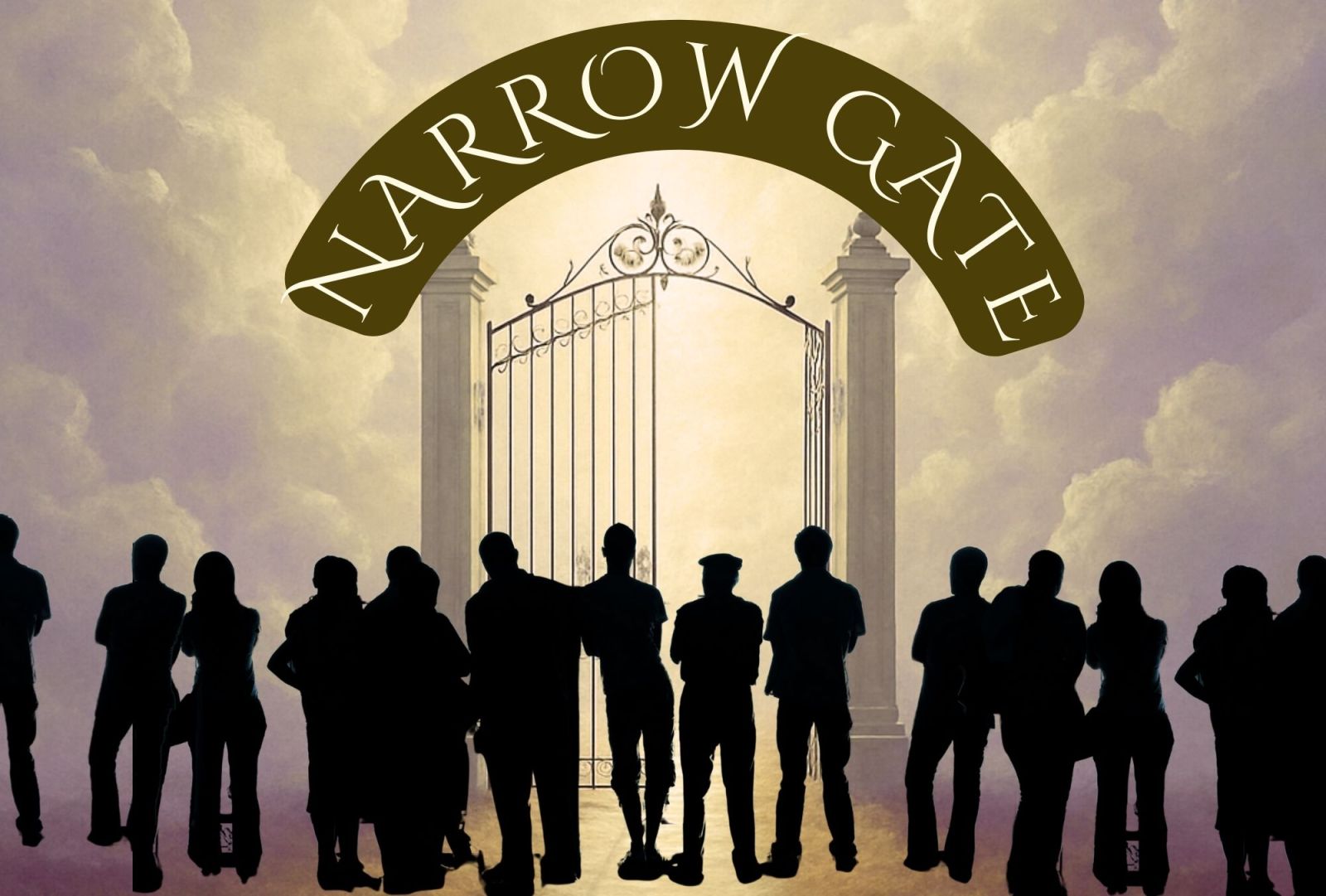
Reflection by Chris Roga, St Michaels parish, Berwick
First Reading Isaiah 66:18-21;
Second Reading: Hebrews 12:5-7, 11-13,
Gospel: Luke 13:22-30
The Gospel Reading today poses a critical and challenging question. It is much debated. All I can do is share a few reflections and hope they prove to be of some use.
The Key Question
Someone asks Jesus, “Lord, will only a few be saved? This is a Jew asking a Jewish rabbi this question in a Jewish context, sometime around 30 CE.
What is the man really asking? Is he asking whether the God of Israel will save all the people of Israel, the Chosen People, the people of the Covenant, descendants of Abraham, Moses, David, and the people who were given the Law and the Prophets? Or will God save only the few ‘faithful’ from among the whole People of God? What is the fate of the non-Jews, the Gentiles, the Romans who rule the land and the Greeks etc? I wonder why this man asked the question? Was he suggesting that those saved are special, an elite? What does this question say about his image of God? We do not know.
Isaih offers one answer in the First Reading. He sees an apocalyptic vision of God gathering all people from the ends of the earth to the holy mountain in Jerusalem, where they see the glory of God and worship God. The mood is triumphant and joyful. Isaiah gives one answer to the question. The Jews knew this answer.
So did Jesus, but he does not say, answer the question directly. He does not say “Yes/No.” He does not say, “Isaiah says…” He answers, not who will be saved. He shifts the focus to how one can be saved. Each person is responsible for their own journey to God. Jesus shows us a way to salvation.
First, Jesus uses the image of the heavenly banquet for the destination of our life journey, with God as host.
Second, there is only one way to enter the banquet room through the narrow doorway.
Third, we must strive to squeeze through the narrow doorway. This implies energy and personal commitment to God in our life journey.
Fourth, the door is narrow, so we have to learn to let go of all non-essentials that draw us away from God (Gal 5:19-21). We ourselves are the only ones who can enter. No extra baggage.
Fifth, we also need strength of purpose and will to push our way through the crowds, who mill around, who have no direction and who cannot enter. I must make up my own mind and not just follow the crowd.
Sixth, God’s generosity and grace invite all people into the room. No membership of a religious or ethnic group, or any special claims, guarantees an entry into the room; no entitlement, nor reservations, nor special tickets.
Seventh, at some point, the door will shut. Those who are inside are inside; those who are outside are outside.
Eighth, those who are outside will experience the agony of not being with God. The violent description emphasizes that the choices along our journey shape our final destination. Those inside enjoy the banquet of being with God.
Luke places this teaching in the context of Jesus’ own final journey ((:51-19:27). He has completed his mission in Galilee and has turned his face to journey to Jerusalem, where he will undergo his own exodus, his letting go. We know how Jesus worked out his destiny; by listening to God.
“Who will be saved?” is an equally critical question for us today. It is not an academic question about life after death, to be considered at some future time. Instead, it calls us to live out our journey of salvation urgently, to live today in the presence of God. Our response will reveal to each one of us the deep purpose and nature of how we live.
One simple and easy way to become more aware of God’s presence and will in our daily life is to practice the Daily Examen of Consciousness formulated by St Ignatius of Loyola.
“Who will be saved?” is a scary question, but it is one that challenges us to live as disciples of Jesus, with hope and trust in the capacious love, mercy and grace of God and by following our model, Jesus.